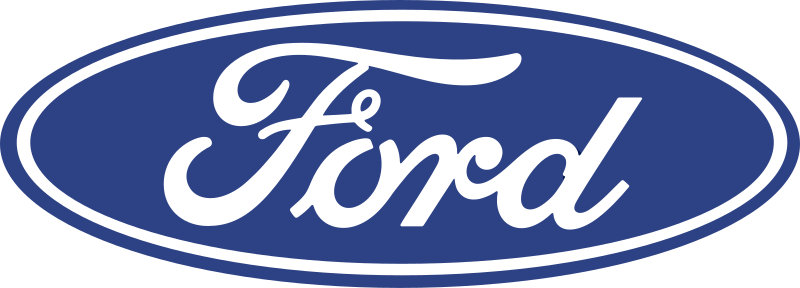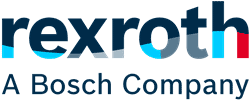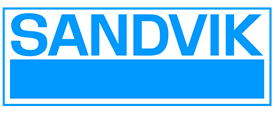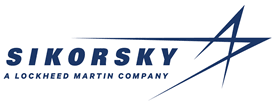- Home
- About
- Industries
Research & Development

Research and Development
ExOne’s collaboration with universities, laboratories, and public and private research facilities drives advancements in the field of 3D printing. Together, we’re preparing future generations to work in additive manufacturing and developing new materials and capabilities for sand and metal 3D printing.
Innovation Opportunities Develop Through Partnerships with Researchers and Universities
As the use of 3D printing grows, ExOne relies on its partnerships to research the best use of materials and methods for printing. ExOne engineers have worked closely with students and faculties to investigate issues that play a pivotal role in the additive manufacturing industry. ExOne provides universities and colleges with a unique selection of 3D printers that allow students to gain experience in research and workforce skill development. This not only supports innovation for ExOne, but also gives students a chance for hands on experience with additive manufacturing technology.
Various research organizations are also actively engaged with the ExOne process and equipment, including national laboratories such as Oak Ridge, Lawrence Livermore, and NIST, as well as other commercial research programs in process at supplier and customer facilities, and multi-partnered research between public and private institutions. ExOne was on the original proposal team for America Makes, the first National Network for Manufacturing Innovation funded by the government and driven by the National Center for Defense Manufacturing and Machining.
Innovation Partners in the Future of 3D Printing
ExOne is committed to growing awareness of the possibly of 3D printing and STEM education. To expand their commitment, ExOne has developed two growing programs for high school students: BotsIQ and 3Du toolbox.
- BotsIQ is a STEM program that brings students from various school districts together to compete with battle robots leveraging the new design possibilities afforded by 3D Printing.
- Norwin School District students develop battle bot parts that are printed at the ExOne Mid-Atlantic Production Service Center in North Huntingdon, Pennsylvania. They visit the ExOne facility to learn about the printing process and participate in printing their parts.
- The Ringgold Rammers students visited the local ExOne facility to receive advice on part design and project management for their 3D printed bot parts and weapons.
- 3DuTM toolbox is an education supplement for universities and school districts that provides teaching materials to demonstrate functions and benefits of additive manufacturing to students with a focus on binder jetting.
R&D Partners in Sand 3D Printing
University of Northern Iowa
University of Northern Iowa is working to bring together education, research, and industry, and currently houses the world’s leading Metal Casting technology program. ExOne’s S-Max system at the University of Iowa’s Metal Casting Center is used to support research into technology and materials development for 3D printing in manufacturing. Students gain experience working with the manufacturing industry to explore mold and core processes. The students and faculty also help companies, such as Emerson Process Management, make purchasing decisions around additive manufacturing that will eventually help to bring manufacturing back to the Midwest and drive economic growth. The University of Northern Iowa is a member of America Makes, where they have received high marks for quality and industry interaction.
R&D Partners in Metal 3D Printing
University of Pittsburgh
University of Pittsburgh and ExOne engineers are involved in an on-going research venture using the M-Flex® to create the highest possible densification in parts and develop an ideal sintering process to present to the Nuclear Energy University Programs (NEUP).
Virginia Tech
Using the legacy R2™ printer in their DREAMS (Design, Research, and Education for Additive Manufacturing System) Lab, faculty and students are testing methods for 3D printing in pure copper and its use in electronics, as well as identifying opportunities for ceramic part creation.
University of Louisville
University of Louisville currently uses the legacy X1-Lab™ in multiple projects, giving its students opportunities to explore the pros and cons of 3D printing. Students create benchmark parts using 3D CAD files with a variety of features and fabricate those parts using various processes to evaluate the geometric accuracy, size limitation, and material capabilities. Some of the research projects in process at the University of Louisville include:
- Evaluating ceramic 3D printing for dental prostheses with proper geometrical and mechanical properties.
- Fabricating and evaluating compositionally graded ceramic and metal parts, focusing on interfacial bonding strength and microstructural defects as a function of the printing and post-process parameters.
University of Texas at El Paso
Dr. Ryan Wicker, professor of mechanical engineering at the University of Texas at El Paso (UTEP) provides students with hands-on experience in additive manufacturing, including the ExOne binder jetting technology. Researchers at the state of the art W.M. Keck Center for 3D Innovation are investigating topics from infiltration and binder processes to part density and materials using ExOne technology. Visitors can explore the center, view parts fabricated by ExOne technology, and see an overview of the printing process. Some current projects contributing to developments in ExOne technology include:
- Comparing the mechanical properties of infiltrated versus non-infiltrated parts using INC 625 and INC 718.
- Experimenting with a closed-loop automatic feedback control of the binder jetting process using a digital single-lens reflex camera. Results from this research will lead to integrated metrology that will help users adjust for part geometry to account for shrinkage post-sintering as well as qualifying system fabrication by logging any prevalent fabrication errors.
UTEP leverages the M-Flex® 3D printer for direct metal printing as well as sand casting.
Contact ExOne to learn more about opportunities to partner with us in 3D printing research and innovation.


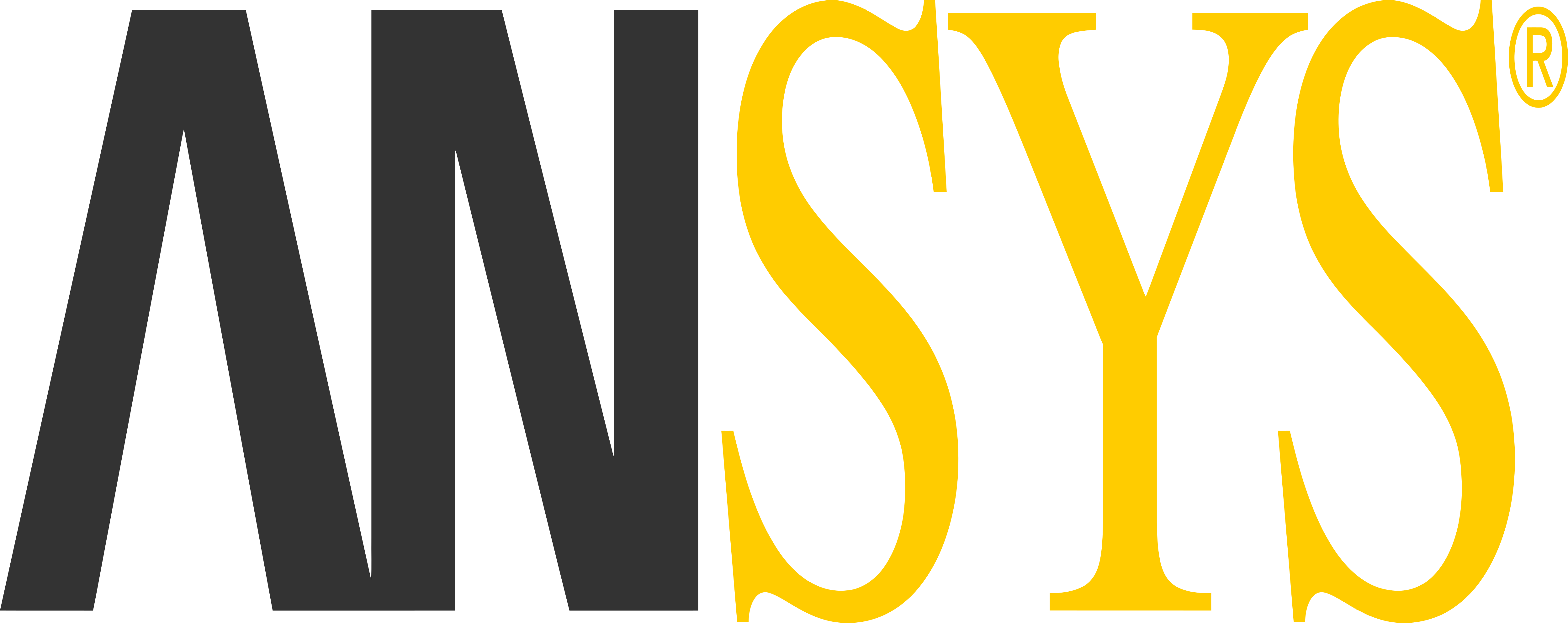
.PNG?ext=.png)


